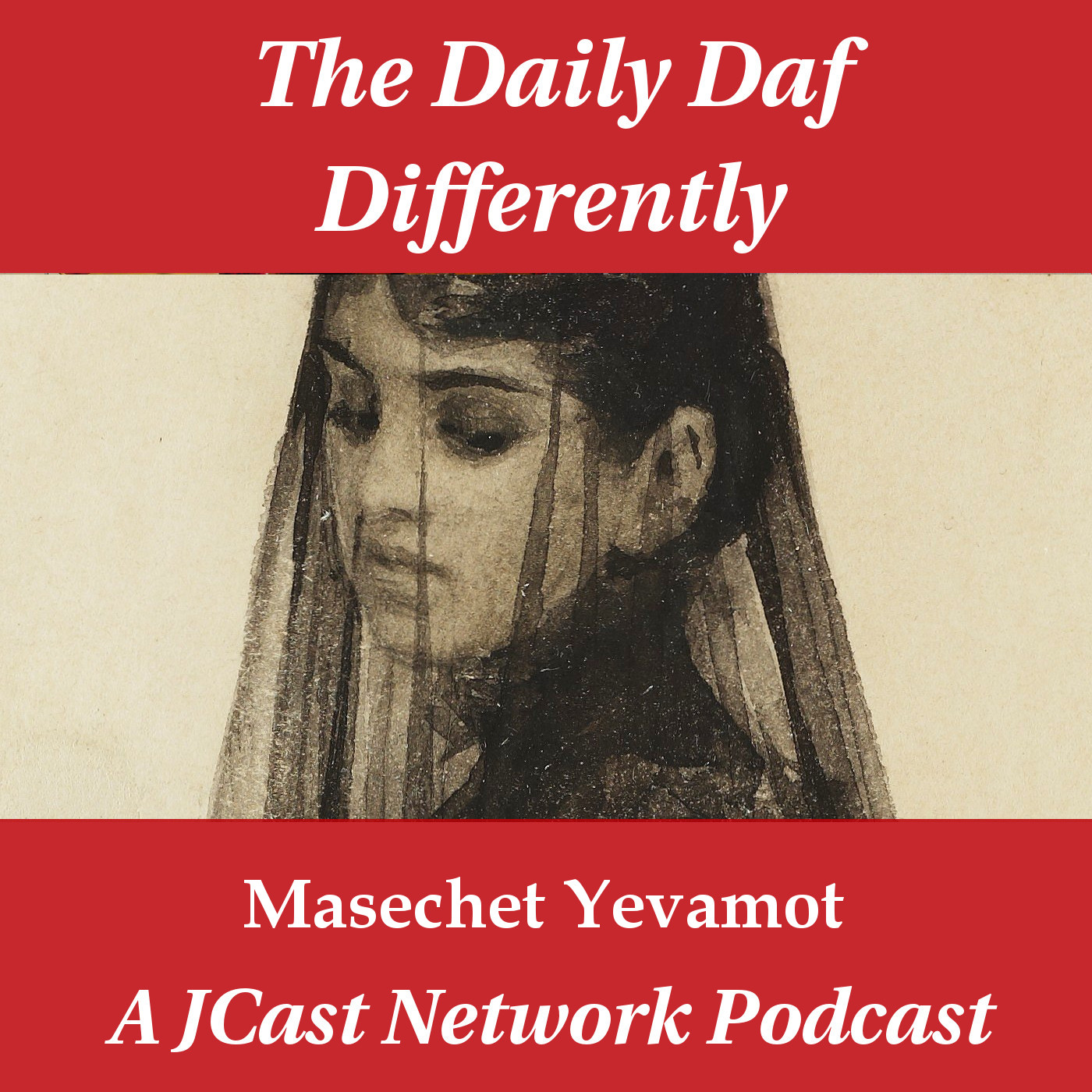Some notes on variations in Talmudic manuscripts and how they relate to our daf — where we see a strange phrase that doesn’t seem to fit and indeed isn’t found in other manuscripts.
Podcast: Download
Your Source for High Quality, Diverse On-Line Jewish Content
Rabbi Ute Steyer received rabbinic ordination and a M.A. in Jewish Philosophy from The Jewish Theological Seminary in 2009. She is currently a doctoral candidate in Jewish philosophy. Her research interest is in the development of ethical thought in rabbinic literature and contemporary Jewish thought. Rabbi Steyer was appointed rabbi of the Great Synagogue of Stockholm and Rabbi of the Jewish Community of Stockholm. She is also a permanent scholar in residence at Paideia – The Jewish Institute for Jewish Studies in Sweden and as lecturer at the University of Stockholm. She was previously the research and program director in the Center for Pastoral Education and adjunct lecturer in Pastoral Theology at JTS and was the program director of the Yeshiva University Center for Jewish Law and Contemporary Civilization at Benjamin N. Cardozo School of Law.

Some notes on variations in Talmudic manuscripts and how they relate to our daf — where we see a strange phrase that doesn’t seem to fit and indeed isn’t found in other manuscripts.
Podcast: Download

Are all nazirim sinners? And why seem some of the rabbis convinced that anyone who does take the oath of nazirut is indeed a sinner? What is Judaisms relationship to self-imposed stringencies?
Podcast: Download

We look at the difference between nedavot and nedarim, we learn about the “oath of the wicked” and the “oath of righteous” and why the first one is valid and the latter is not.
Podcast: Download

Can you swear an oath to fulfill a mitzah? And what happens if you fail to fulfill it — would you have to bring a sin offering? How can you even swear to fulfill something for which you are obligated in the first place?
Podcast: Download

Welcome to the Daily Daf Differently. In this episode, Rabbi Ute Steyer looks at Masechet Nedarim, Daf 7. Certain transgressions bring the punishment of “nidui” — excommunication. What does this mean? And can a person revoke a “nidui” that he placed on himself or herself? To view the text of Nedarim, Daf 7 on Sefaria, […]
Podcast: Download

Is a partial declaration, a “yad” valid in the case of kiddushin? There are all kinds of misunderstandings that can happen as some of the sages will point out. And what are some other examples where a “yad” might have more than one meaning — and are these declarations valid?
Podcast: Download

What becomes forbidden and what remains permitted in a vow? What effect has a vow that is in some sort “shortened” in the way it was articulated — a “yad b’nedarim”. Is such a “yad” valid or not?
Podcast: Download

Welcome to the Daily Daf Differently. In this episode, Rabbi Ute Steyer looks at Masechet Yevamot, Daf 53. Is a second get needed once a halitza was performed and then the Yibum does ma’amar? A proper halitza and a deficient halitza and its consequences and can there be a condition to a halitza? The gemarra […]
Podcast: Download

Welcome to the Daily Daf Differently. In this episode, Rabbi Ute Steyer looks at Masechet Yevamot, Daf 52. The proper way of acquisition is “betrothal” and then one may have intercourse. Even though we know that intercourse itself is also a valid form of betrothal the rabbis prohibited this and made it a punishable offense. […]
Podcast: Download

Welcome to the Daily Daf Differently. In this episode, Rabbi Ute Steyer looks at Masechet Yevamot, Daf 51. Two yevamot that fall to one levir – which are the forbidden relationships resulting from it once halitza has been performed? Does it matter with which sister halitza was done? The opening and closing music for this […]
Podcast: Download